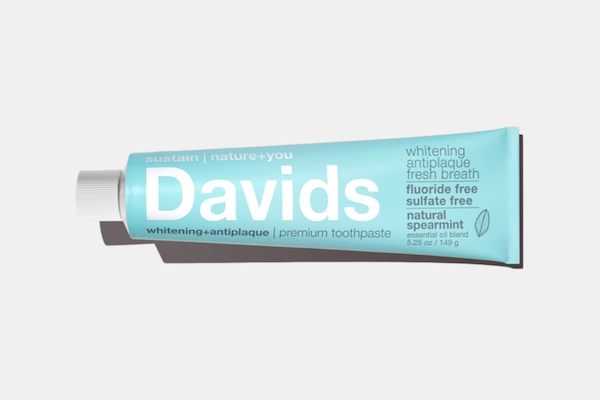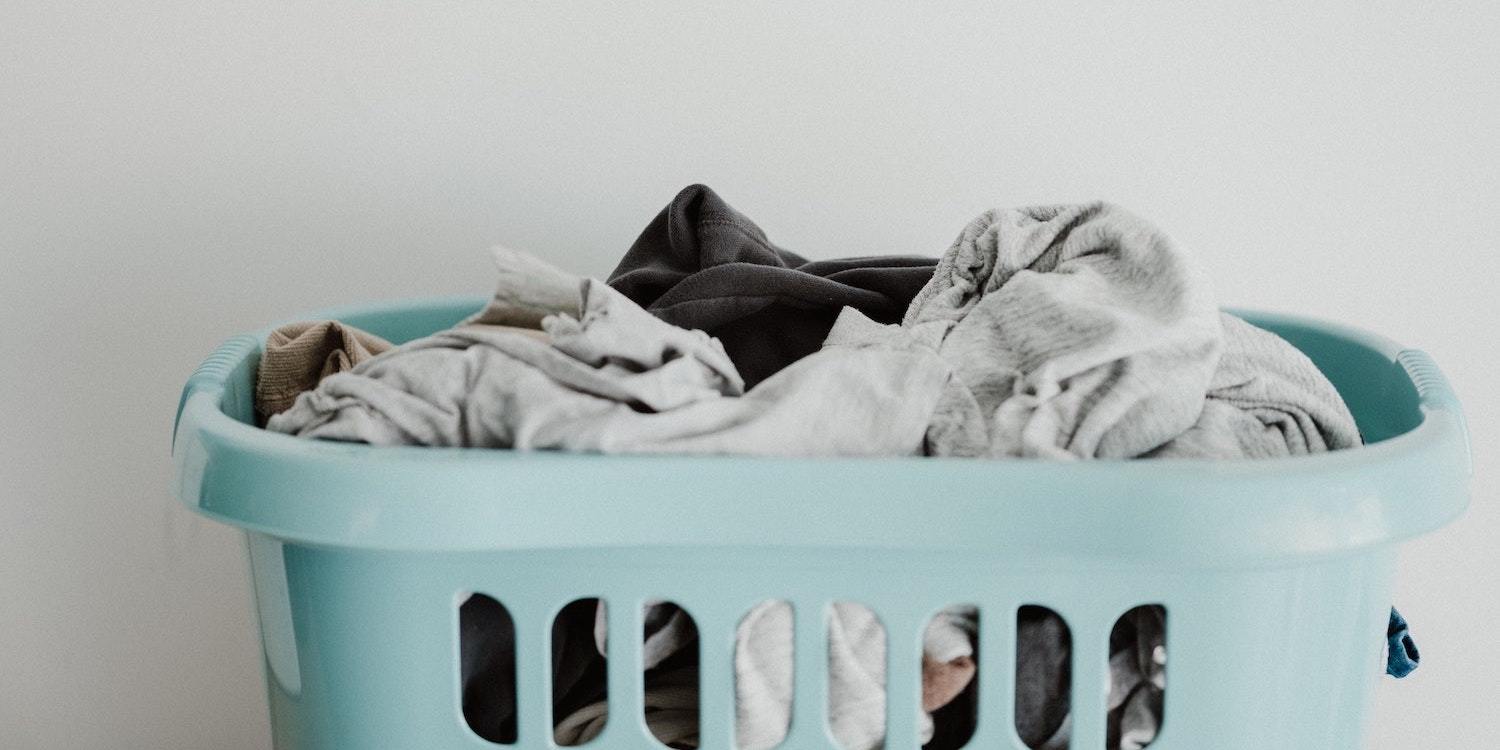The Plastic Elephant in Your Laundry Room
For many of us, laundry is one of those household chores that simply needs to be done. It’s a mundane and unglamorous routine that most of us complete multiple times a week. One can be forgiven if spending a significant amount of time pondering our laundry routine’s environmental impact doesn’t rise to the top of the immediate concern list. But, there is a giant plastic elephant in your laundry room that greatly contributes to your households annual volume of plastic waste - your laundry detergent.
The Problem with Liquid Detergent
Liquid laundry detergent has long flown under the radar for most people, but as awareness of plastic waste grows, these large plastic laundry jugs are receiving some long-overdue scrutiny. In the United States alone, 35 billion loads of laundry are washed each year - with the average household washing about 7.4 loads of laundry per week. This is where the plastic jug of laundry detergent begins to come into focus. Through our regular laundry routine, 700 million plastic jugs of laundry detergent are consumed and thrown away each year in the United States.
700 million plastic jugs of laundry detergent are thrown away each year in the United States.

The majority of these jugs, which are made from high-density polyethylene (HDPE), the same material milk jugs are made from, end up directly in landfills. The EPA estimates that only 30% of these single-use plastic containers ever end up being recycled, and this makes sense as most households only keep a recycling container in the kitchen so waste from the laundry room tends to end up directly in the rubbish.
Powdered Detergent & Plastics
While plastic laundry detergent jugs are the villain of this narrative, powdered laundry detergent must not be overlooked either. Powdered laundry detergent often comes in plastic containers itself, but more often arrives inconspicuously in cardboard boxes that are lined with plastic and have plastic components such as handles, pourers, and plastic scoops. As a result, powdered laundry detergent also ends up adding to the volume of plastic waste.
The Chemical Concern with Laundry Detergent
In the last century as households did more and more loads of laundry our detergents began to have questionable ingredients added to them with the allure of brightness, color-stay, softening, and more . These features were all heavily marketed to consumers in efforts to differentiate and drive demand. However, many of these unnecessary chemicals that have been added into laundry detergents are actually toxic. These dyes, bleaches, synthetic surfactants, phosphates, and perfumes have been linked to a host of unwanted and adverse effects on the body, ranging from skin irritation, respiratory issues, reproductive challenges, cancers, and more. Consumers unwittingly end up draping these unnecessary and harmful chemicals across our bodies throughout the day.
The Carbon Footprint of Laundry Detergent
A plastic elephant in your laundry room, is arguably the most appropriate way to classify these large jugs of laundry detergent - they are indeed very heavy. This weight, largely made up of water weight, is more than just an inconvenience transporting from the store to your home, it drastically increases the carbon footprint of laundry detergent. Shipping these heavy detergents and cleaning products around the country has a significant carbon impact as greater weight translates to greater emissions produced during transport. Plastic elephants indeed.
Zero-Waste Laundry Detergent Alternatives
There is good news though, greener solutions to washing your clothes have arrived with new eco-friendly detergents becoming far more accessible. By rethinking how consumers do their laundry a number of innovations have been made to eliminate plastic waste, eliminate harmful and unnecessary chemicals, and reduce our carbon footprint. Brands like Tru Earth with their Eco-Strips have created a lightweight, plastic-free laundry detergent that gently and effectively without any harsh chemicals or harmful additives. With households on average washing over seven loads of laundry a week, addressing our detergent and its plastic packaging is a great way to promote sustainable living.






